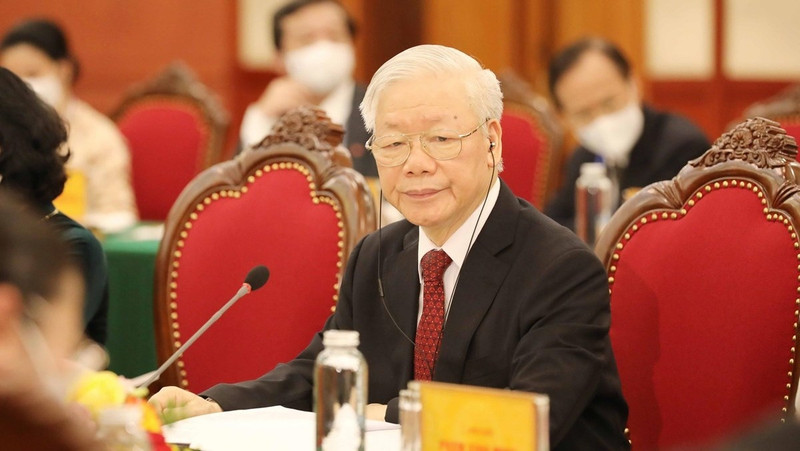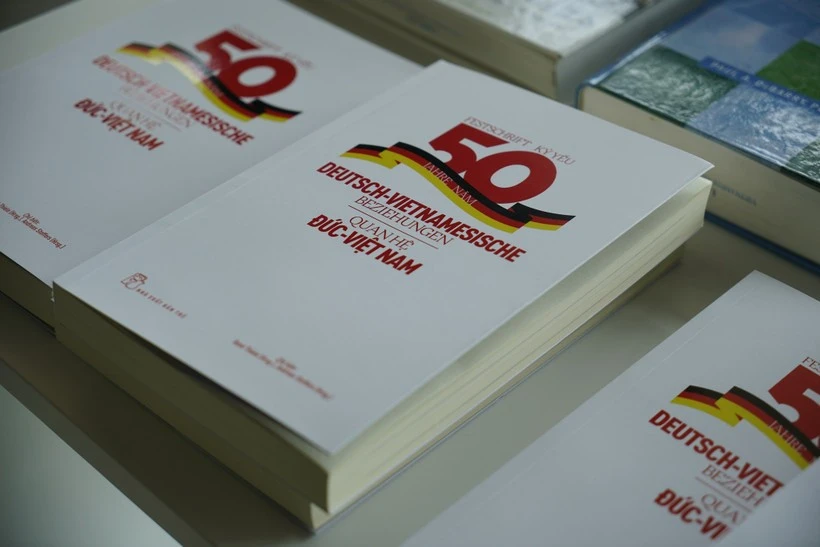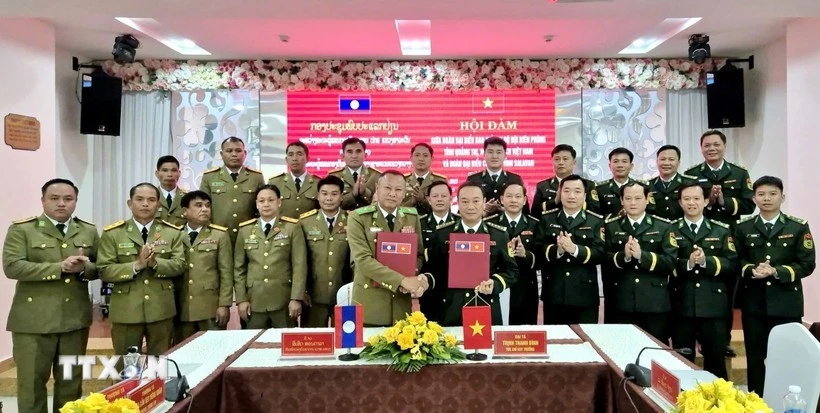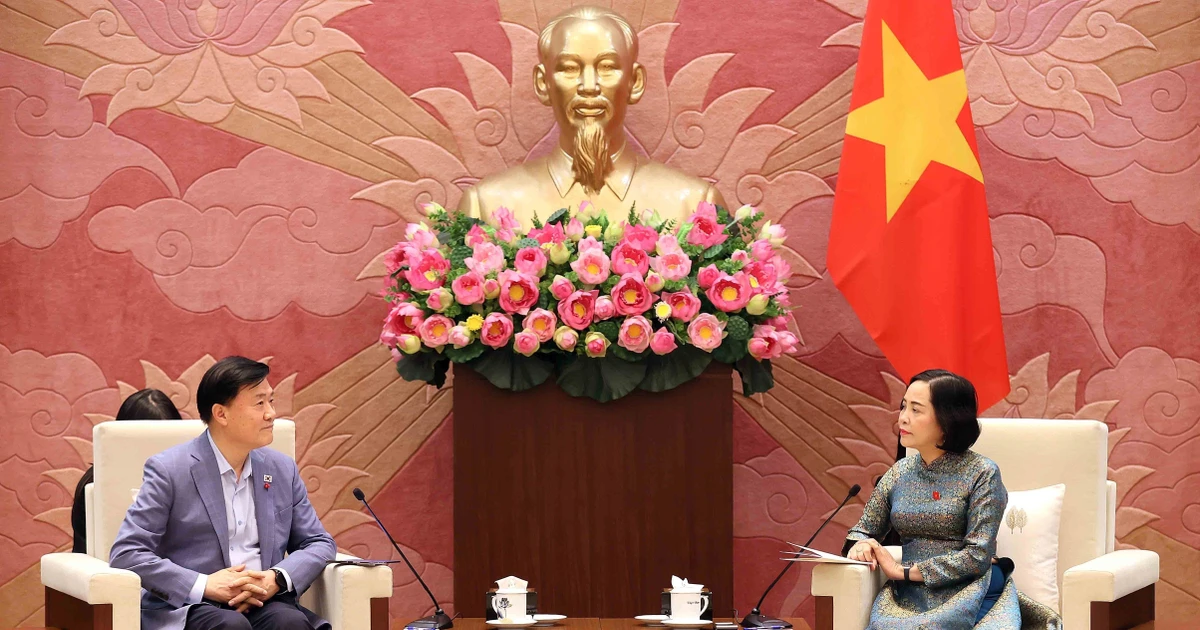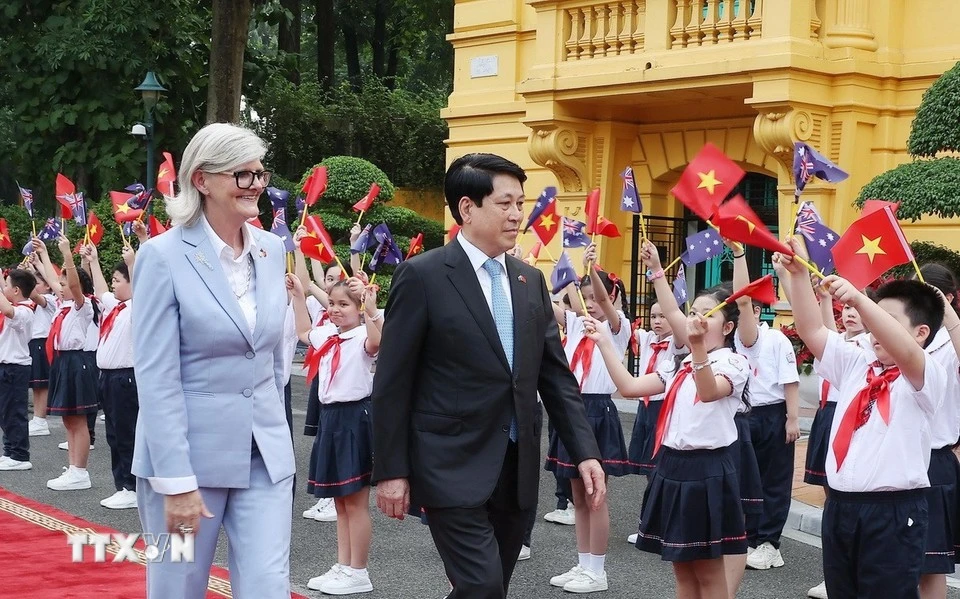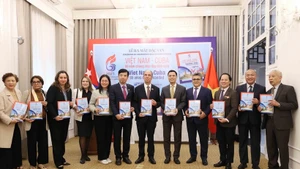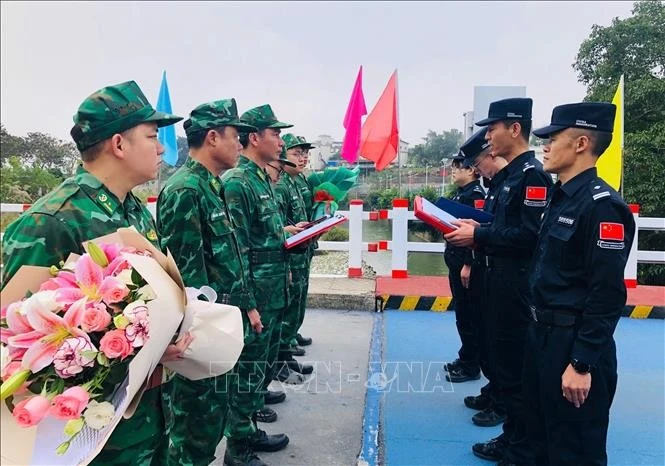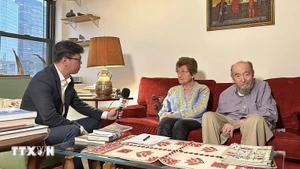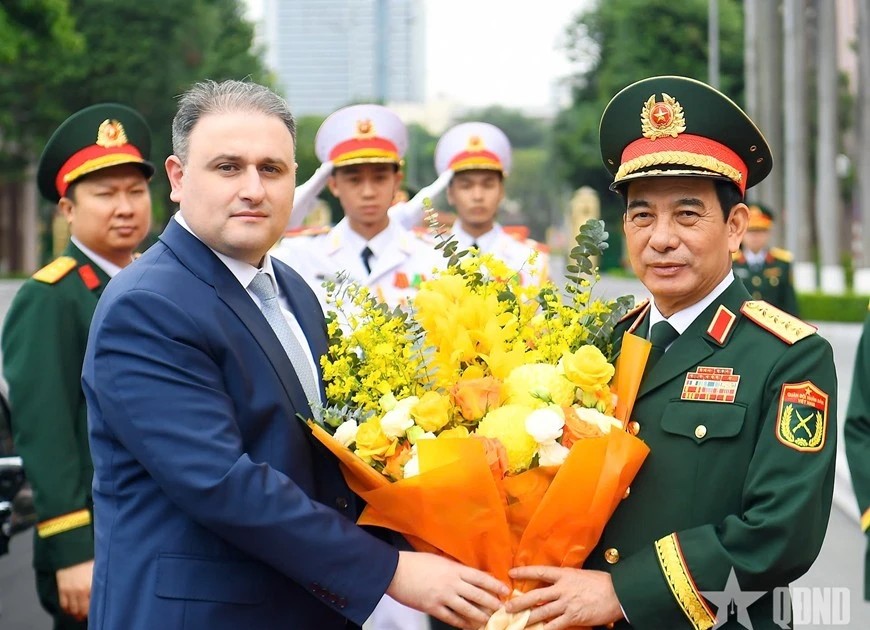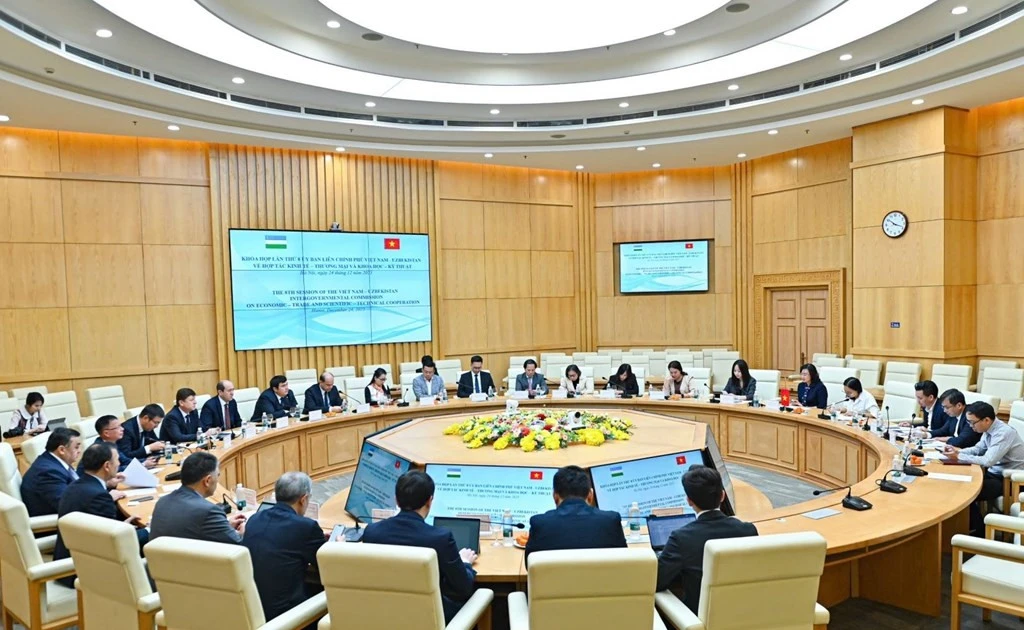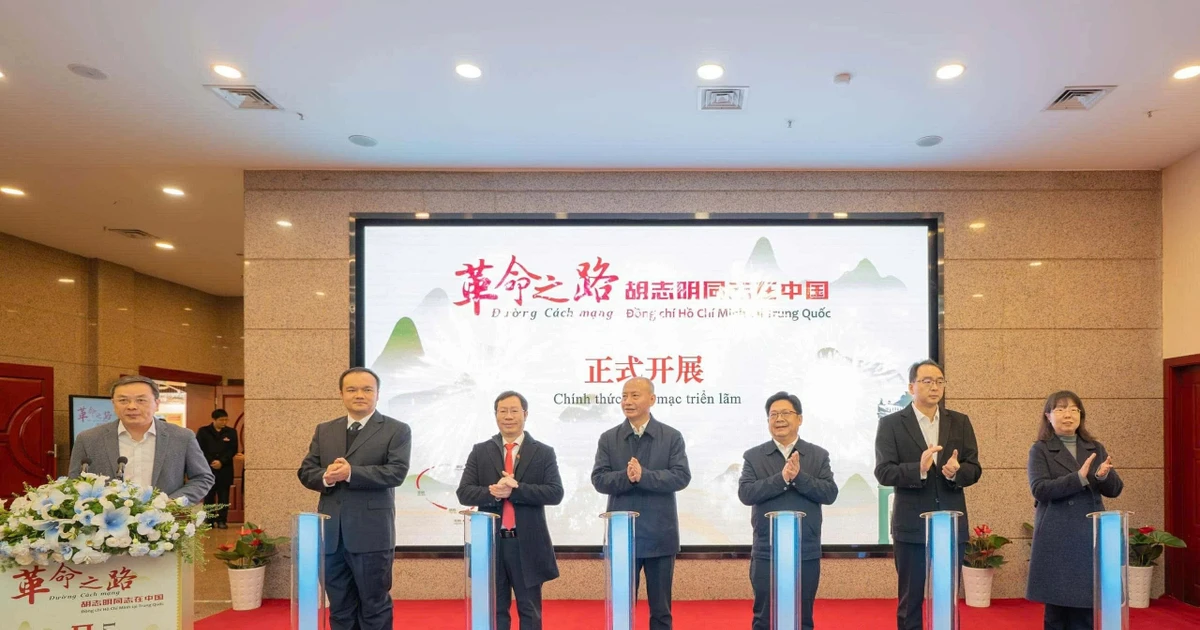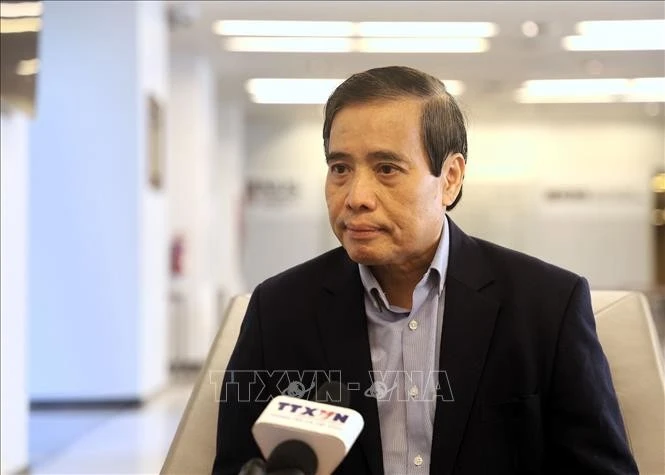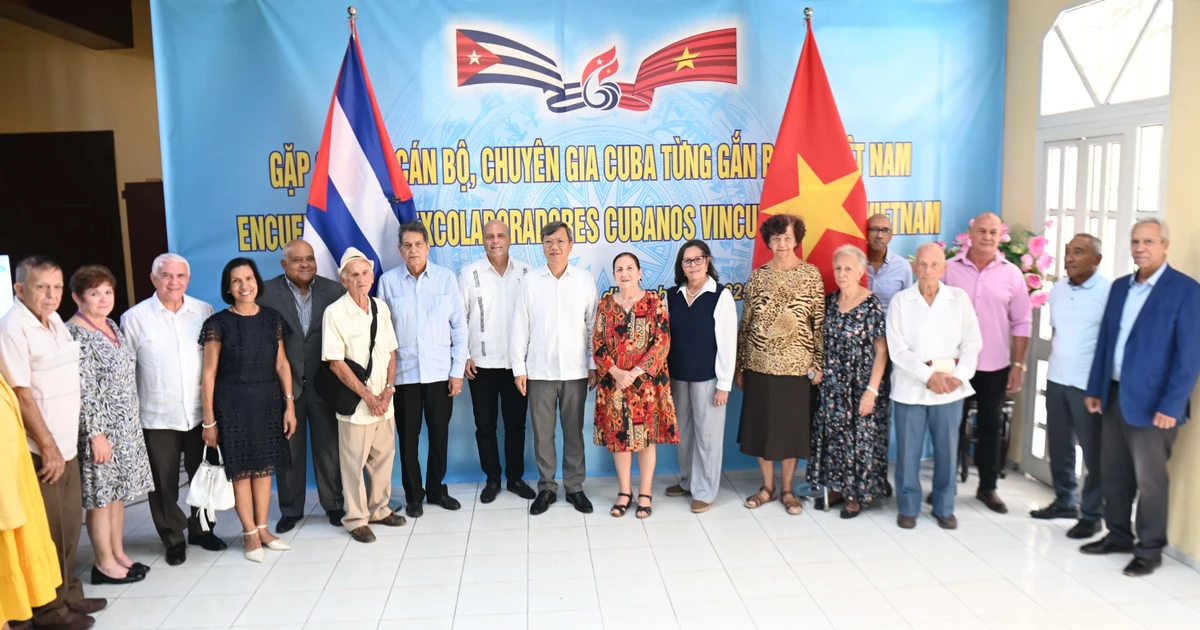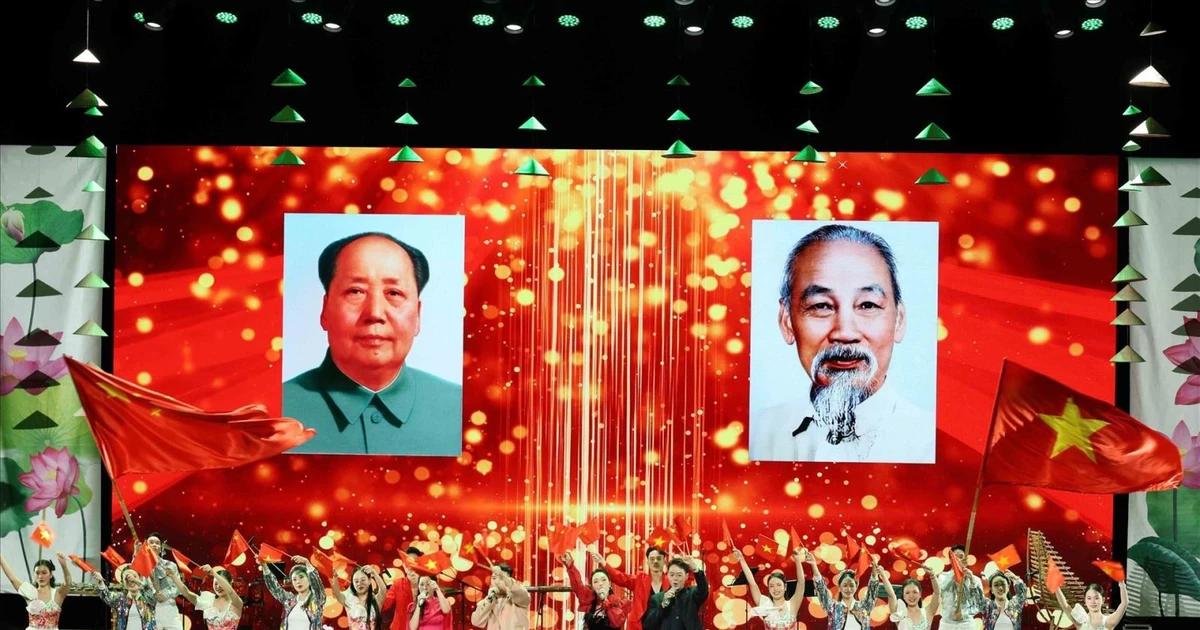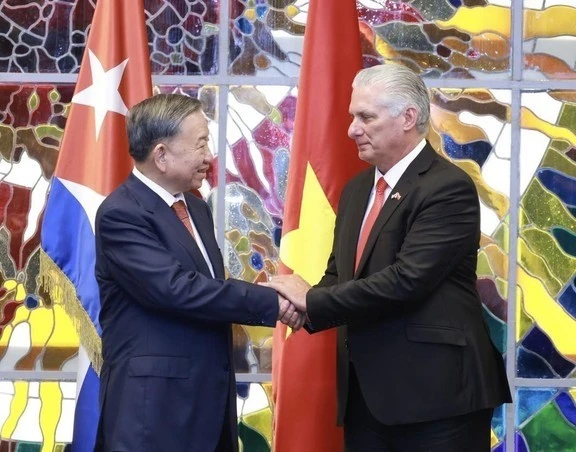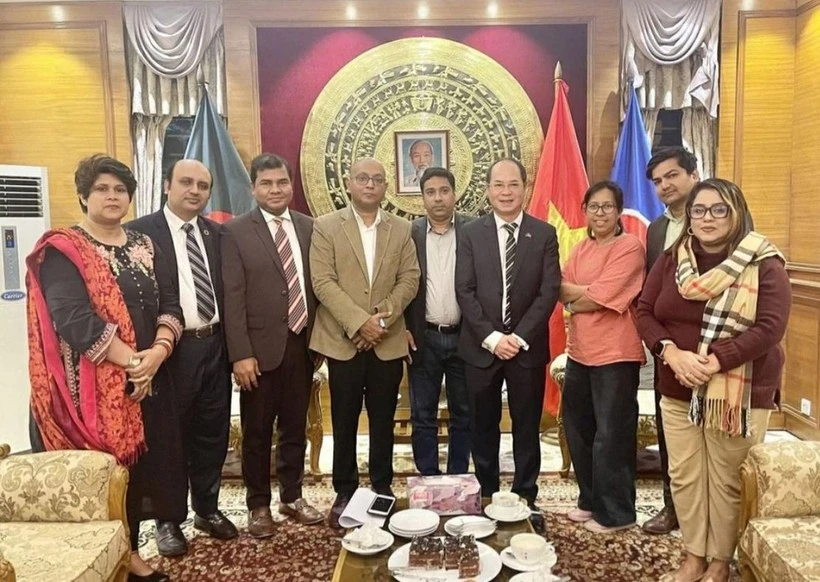In an interview granted to a Vietnam News Agency reporter in Paris, Jean-Pierre Archambault said he was pleased with three contents on the development path of Vietnam raised by General Secretary of the Communist Party of Vietnam Central Committee Nguyen Phu Trong in his writing entitled “Some theoretical and practical issues on socialism and the path towards socialism in Vietnam”.
They are “national independence associated with socialism,” “do not choose capitalism” and “developing a socialist-oriented market economy.”
According to Jean-Pierre Archambault, these are correct choices which were decided very early and have been maintained continuously from the 20th century until now.
Regarding the cause of Doi Moi as well as the development of a socialist-oriented market economy in Vietnam, Jean-Pierre Archambault said that Vietnam has made remarkable strides.
After 35 years of Doi Moi, Vietnam has had a stable economy, as demonstrated through the annual growth rate of about 6-7% during the past 10 years, low inflation, significant reduction in the poverty rate from 58% in 1993 to less than 5% today, and annually increasing income per capita. Vietnam was removed from the group of least developed countries to join the group of middle-income countries (US$2,100 per capita per year) in 2010.
According to Jean-Pierre Archambault, these are extremely impressive results, especially in the context that the consequences of the past still weigh heavily on Vietnam, a country that was once a colony and experienced decades of war.
After national reunification in 1975, the country's reconstruction took place in a harsh context due to the economic embargo of the US and Western countries. Nearly 50 years after the conclusion of the war, Agent Orange/dioxin continues to affect the Vietnamese people, with 4 million people suffering the consequences.
The fight for justice is still ongoing for Tran To Nga as well as all other victims of Agent Orange/dioxin, who have filed a lawsuit against US chemical companies for supplying poison to the US military to use during the war in Vietnam.
Jean-Pierre Archambault said it is necessary to recall history to understand the starting point of Vietnam, thereby recognising the country's great efforts.
The General Secretary of the France-Vietnam Friendship Association also emphasised that despite great strides amidst difficult conditions, Vietnam still faces many challenges such as the improvement of production output and competitiveness of enterprises; the uneven development between urban and rural areas; the maintenance of sustainable development; corruption eradication, the impacts of climate change and narrowing the gap between the rich and the poor.
Vietnam should pay attention to developing vocational training, applying artificial intelligence and promoting its strengths in health in the near future, he said.
Regarding regional and international integration, Jean-Pierre Archambault stressed that Vietnam has achieved successes thanks to the strong political determination of senior leaders. Vietnam has established diplomatic ties with nearly 200 countries; promoted trade cooperation with over 200 countries and territories; and signed strategic partnership agreements with many countries around the world, including France. The country has also played an important role in the Association of Southeast Asian Nations (ASEAN) and the Asia-Pacific Economic Cooperation Forum (APEC). Vietnam has been assessed as one of the most dynamic economies in the region, contributing as a driving force in the world's economy.
Jean-Pierre Archambault noted that Vietnam's election as a non-permanent member of the United Nations Security Council (UNSC) for the 2020-2021 term with almost total support (192/193) confirmed its position and role in the international arena. This result demonstrated the international community's confidence in Vietnam's foreign policy.
As the General Secretary of the France-Vietnam Friendship Association, he affirmed that despite historical problems in the two countries' relationship, solidarity and mutual support as well as the friendship between the two peoples have been maintained.
The Francophone movement has been revived in Vietnam thanks to many initiatives; meanwhile, exchanges in the field of higher education have been enhanced. Medical cooperation has been always a strong point in the relationship between the two nations. He expressed his belief that the two sides' good relationship will see even better results in the future, especially in terms of the economy.
